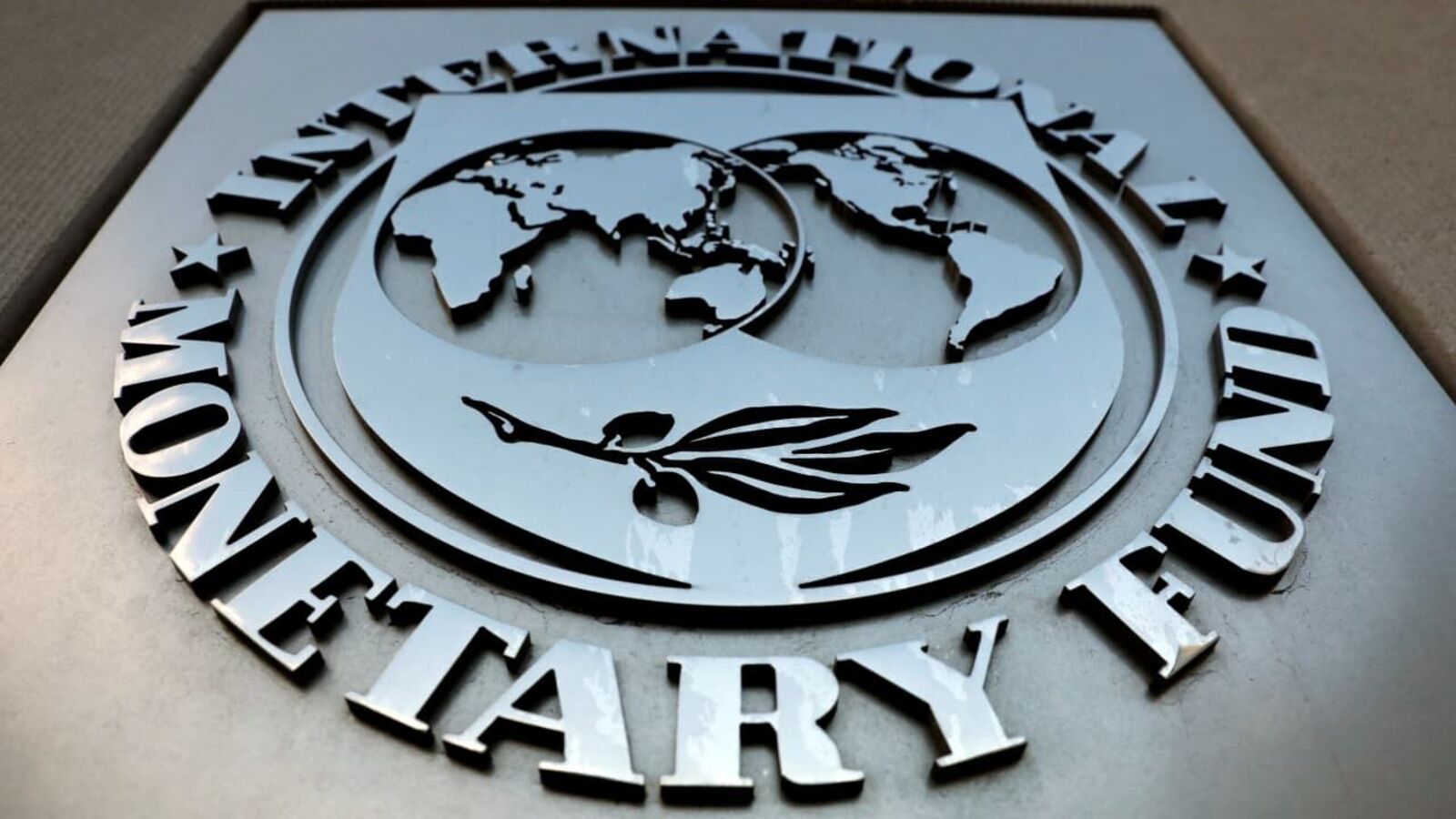Pakistan has reached a staff-level agreement with the International Monetary Fund (IMF) to release the release of $1.2 billion from the bailout package approved by the global agency last year. The IMF approved a $7 billion bailout package in July 2024 aimed at preventing Pakistan from defaulting on its loan payments amid a weakening economy. Pakistani media reported on Wednesday about the agreement, which followed several days of talks in Islamabad. In an overnight statement, the IMF confirmed the development. The IMF said that Pakistan’s economic program is helping to entrench macroeconomic stability and rebuild market confidence. Last week, an IMF mission led by Iva Petrova concluded talks with Pakistani authorities on the second review of the EFF agreed in 2024 and the first review for the RSF climate loan agreed this year, but it left Pakistan without signing a staff-level agreement. How much money will Pakistan get? Under the agreement, Washington, US-based IMF will provide Pakistan with $1 billion under its Extended Fund Facility (EFF). Islamabad will receive another $200 million from the IMF under its Resilience and Sustainability Facility (RSF). Both grants are subject to approval by the IMF board. What did the IMF say? In a statement issued early Wednesday, Iva Petrova said the staff-level agreement to release IMF funds to Pakistan remains subject to approval by the IMF’s Executive Board. “Supported by the EFF, Pakistan’s economic program is entrenching macroeconomic stability and rebuilding market confidence,” she said. “The recovery remains on track, with the FY25 current account recording a surplus – the first in 14 years, the fiscal primary balance exceeding the program target, inflation remaining contained, external buffers strengthening and financial conditions improving as sovereign spreads have reduced significantly,” she said. However, she added, the recent floods have dented the country’s prospects, particularly of the agriculture sector, which has pushed the projected FY26 gross domestic product (GDP) down to around 3.25-3.5 percent. The bailout package to Pakistan was fiercely opposed by India given its conflict with Islamabad at the time, with New Delhi claiming the funds would be used to build terror infrastructure. Explaining the reasons behind the approval, the IMF said in May that the assistance was granted after its board found that Pakistan had met all conditions and targets for it. IMF’s conditions for Pakistan Earlier this year, the IMF imposed 11 conditions on Pakistan to approve the package. According to this, Pakistan must adopt a new federal budget for the financial year 2025-2026, which is in line with the IMF targets by June 2025. The international body has also imposed another condition where four units will be implemented through the Agricultural Income Tax Acts. Among other measures, the Pakistani government is also directed to publish a governance action plan based on the recommendations of the IMF’s Governance Diagnostic Assessment to identify reform measures
Pakistan’s IMF bailout: As Islamabad secures $1.2 billion, here’s everything you need to know about the deal
